
TikTok is currently suing the Biden administration over a law threatening to ban the app unless its parent company, ByteDance, divests by January. The lawsuit cites the First Amendment and addresses national security concerns about the Chinese government accessing U.S. user data. Join us in this slideshow as we explore TikTok’s decision to file an emergency request with the Supreme Court to block the law.
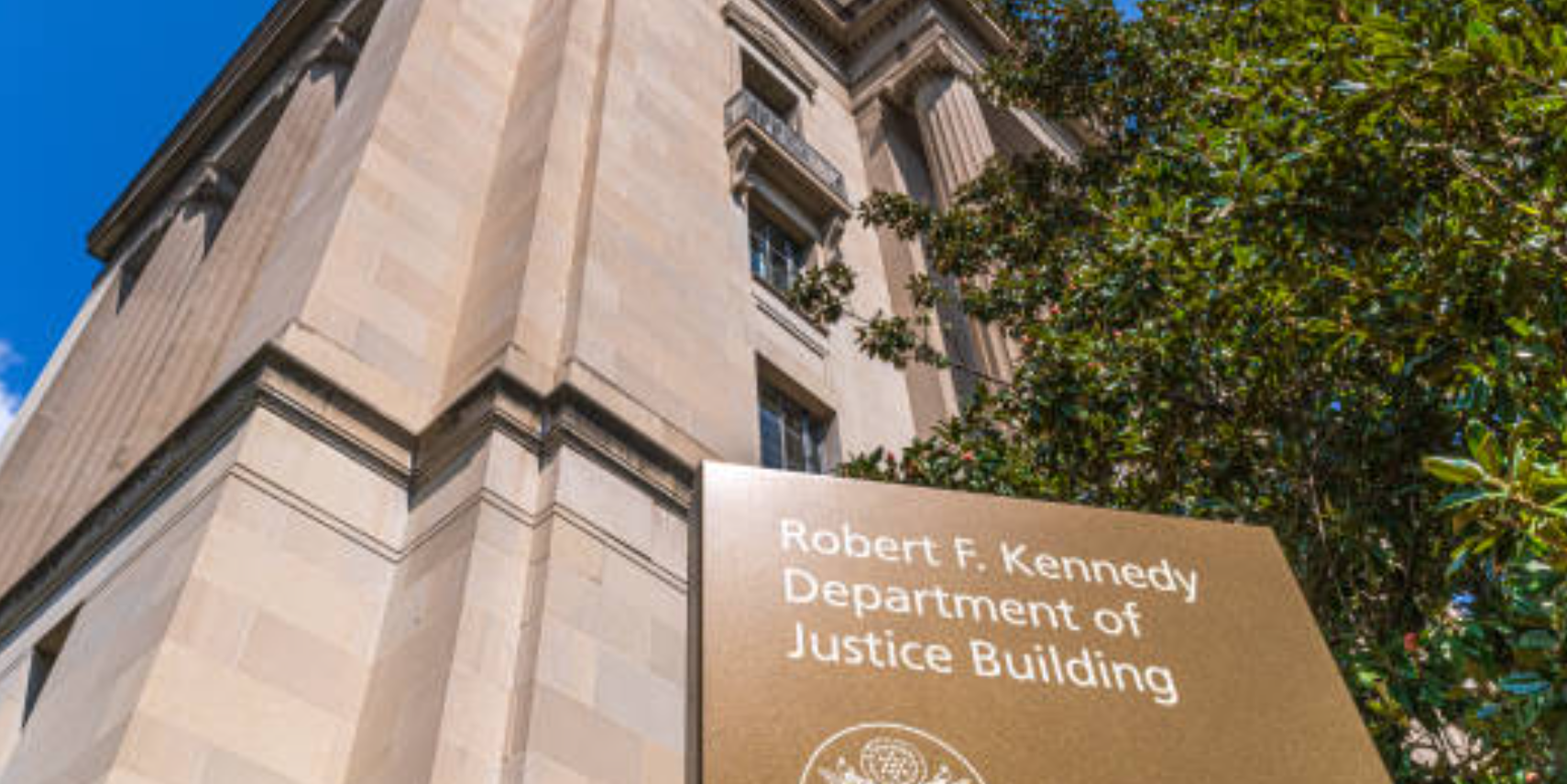
The Justice Department claims TikTok poses a significant national security threat due to its access to American user data and potential for content manipulation. The D.C. Circuit Court recently rejected TikTok’s argument that the law violates First Amendment rights. TikTok argues that Americans should have the freedom to choose to use the app despite alleged risks.
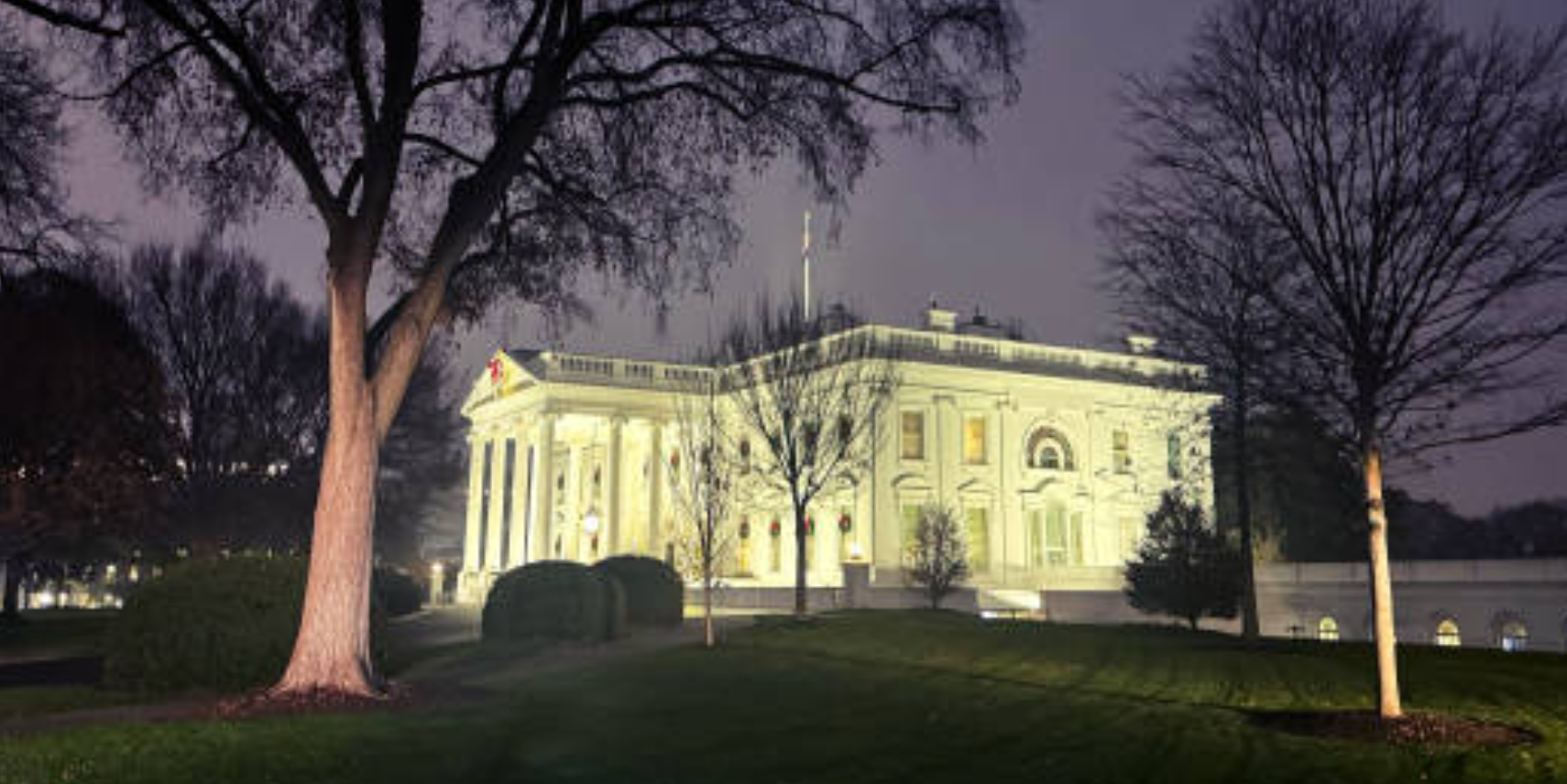
As the White House is set to shift with the incoming Trump administration, the fate of TikTok in the U.S. remains uncertain. President-elect Donald Trump has indicated plans to halt the ban on TikTok once he assumes office.

Trump said, “We’re not doing anything with TikTok, but the other side is going to close it up, so if you like TikTok, go out and vote for Trump.”
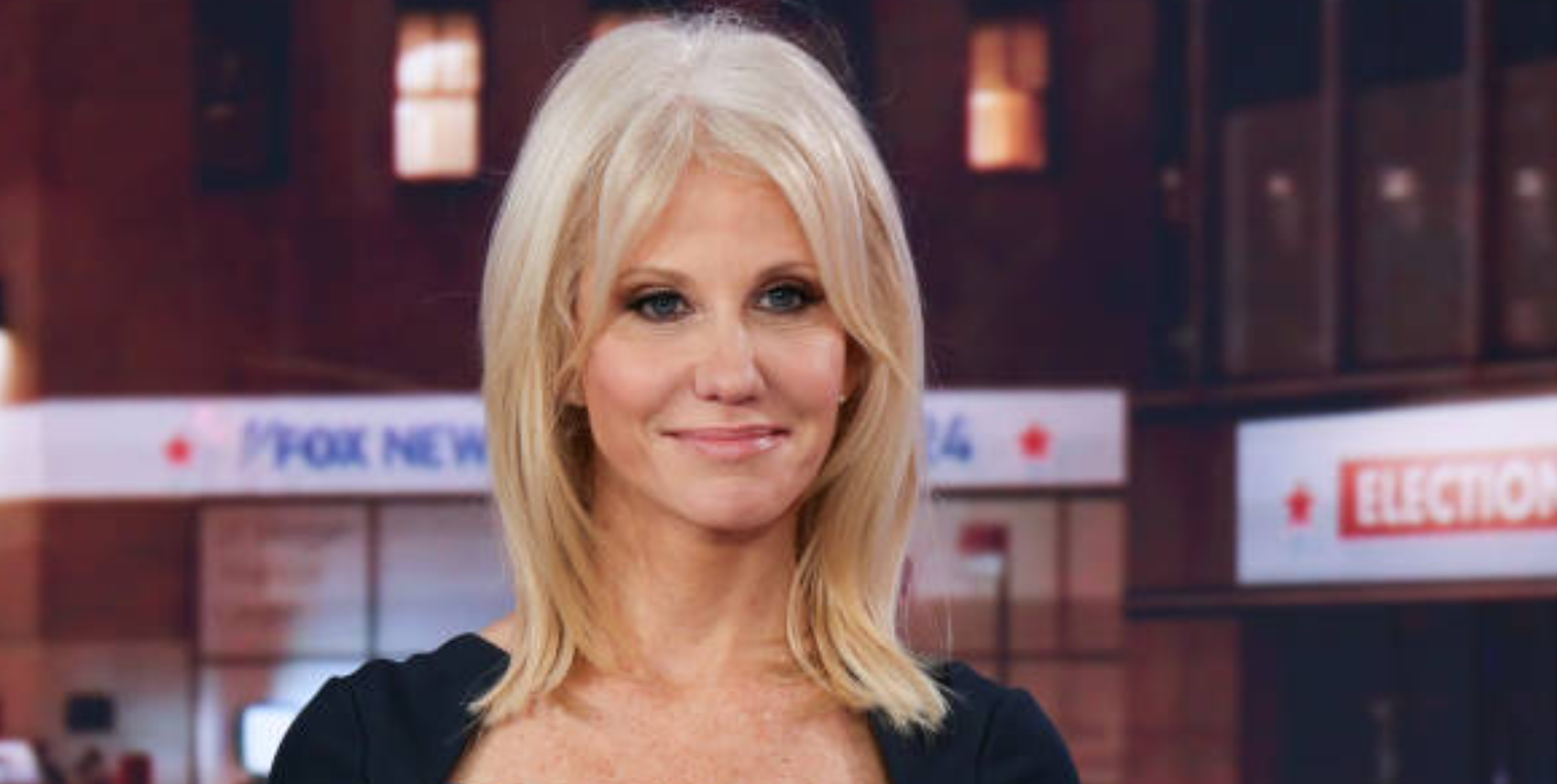
Trump adviser Kellyanne Conway stated, “He appreciates the breadth and reach of TikTok, which he used masterfully along with podcasts and new media entrants to win.”
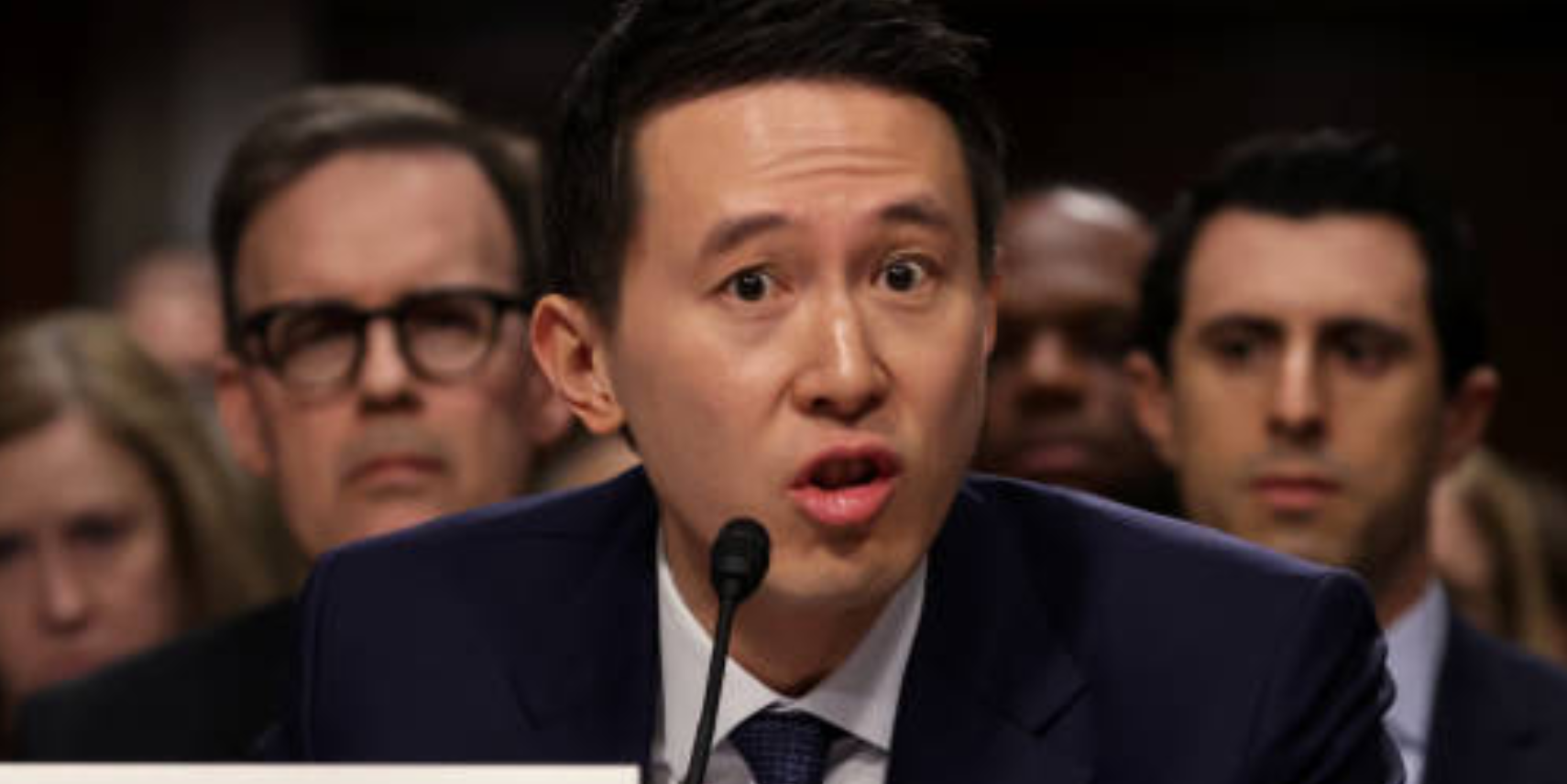
TikTok CEO Shou Chew reportedly sought advice from Tesla CEO Musk about the implications of Trump’s second term, asking about the administration’s potential tech policies.
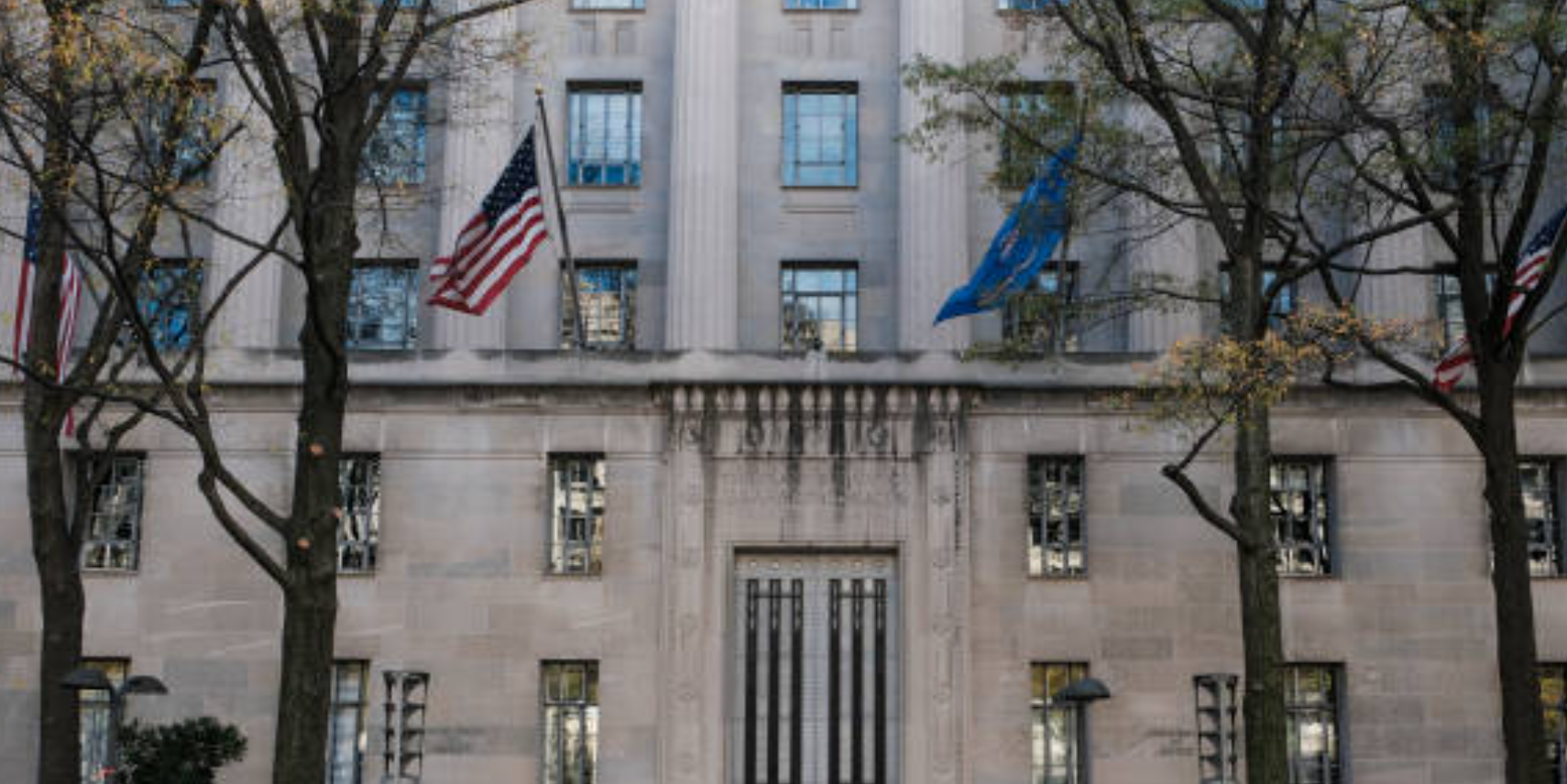
During his presidency, Trump signed an executive order aimed at banning TikTok but has since moderated his stance, suggesting Congress should decide the platform’s fate.
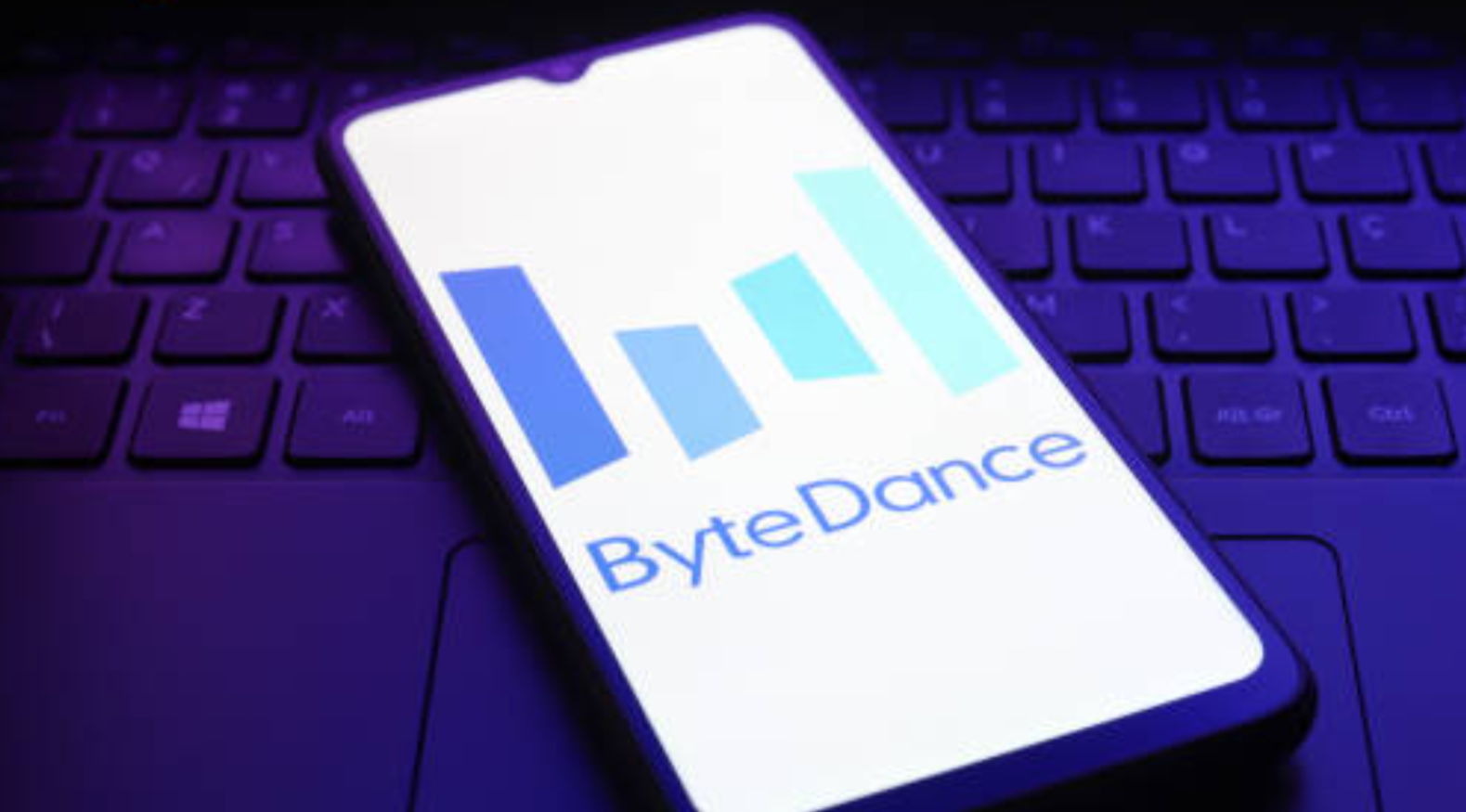
In their filing, TikTok and ByteDance warned that a shutdown could lead to a loss of one-third of their U.S. users, harming their advertising and recruitment efforts. They asserted that the law would unfairly target a major speech platform just before a presidential inauguration, emphasizing that there is no immediate national security threat.
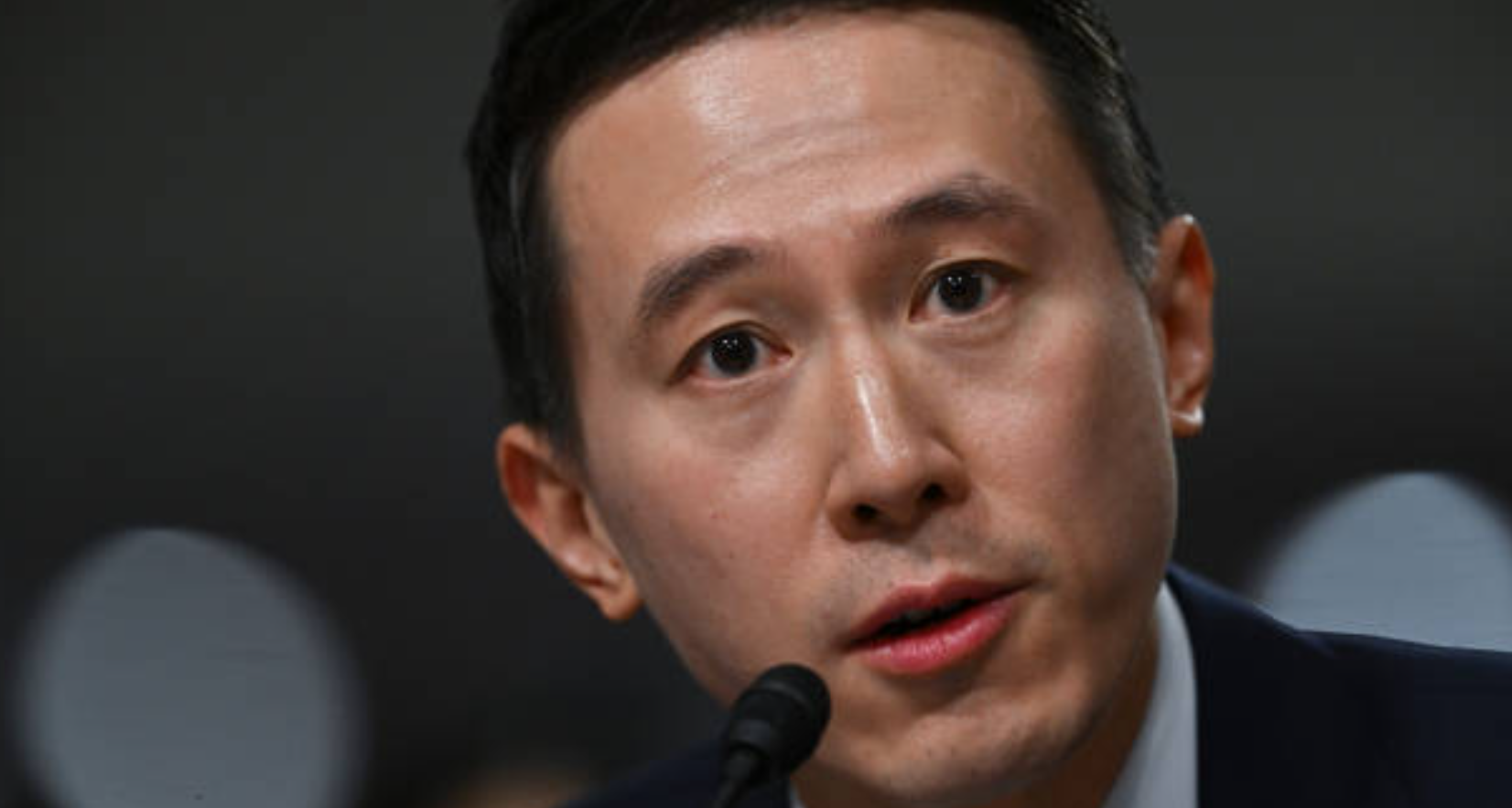
TikTok has denied sharing U.S. user data and is urging the court to apply rigorous scrutiny to the law, which could set a precedent for future restrictions on foreign-owned apps.

